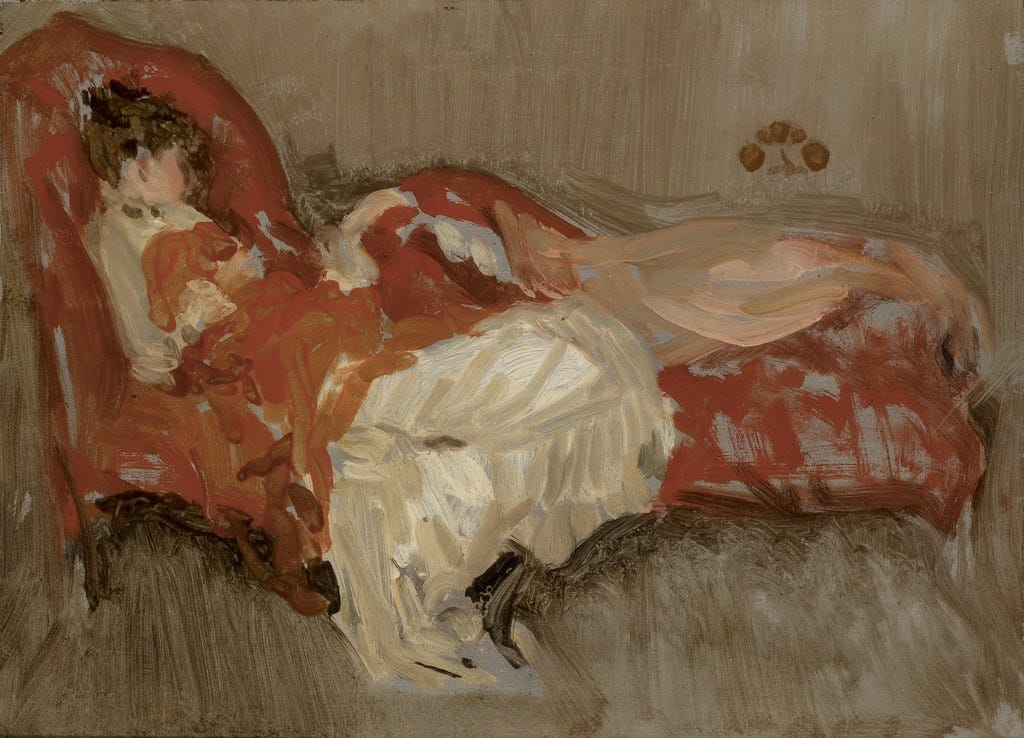“Going to therapy” is in right now. It has been for a while. People are obsessed with going to therapy and telling other people to “go to therapy.” The general sentiment is that if you’re not doing it, you really should be. But the goal of therapy is, eventually—one can imagine—to not be in therapy. That’s what my therapist told me, anyway.
This isn’t meant to be a hot take on therapy. (In this piece, I’m referring to the “garden variety” talk therapy used to help navigate life’s ups and downs, not therapies used to treat addiction, clinical depression, or other disorders.) I don’t think therapy is silly, pointless, or bad. I can personally attest to its many and lasting benefits. I used to go consistently, every week for the most part, for nearly two years. It was tremendously helpful and I learned a lot about myself. And then I stopped learning that much. Plumbing the depths of my psyche ceased to be that interesting to me. There’s only so much introspection you can do before the whole process starts to feel a bit boring and you need to simply get on with life.1

Limits and judgments
To define the limits of something does not mean that the thing itself is not good or useful. Therapy—like literally anything on Earth—has limits. But these days, it’s positioned as limitless. It’s been distorted in popular consciousness to be something like a modern cure-all or a magic pill.




